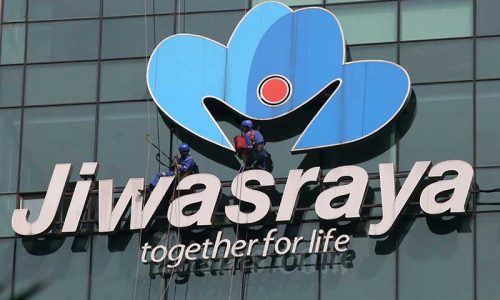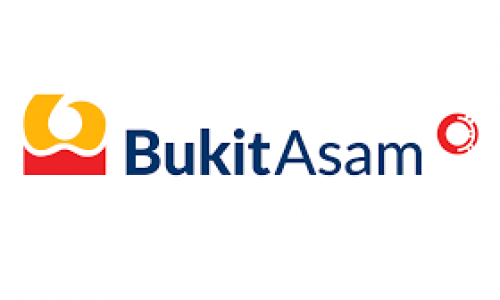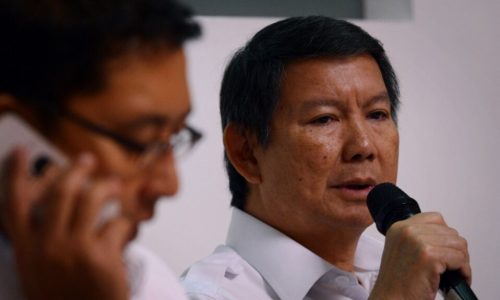A number of tax incentives enjoyed by the plastic industry are considered to have negative impacts on the environment and state revenues according to a recent study by The Prakarsa.
The research, titled “Plastic and the Injustice of Tax Incentives”, recommends risk assessment and transparency for the plastic manufacturing industry, upon highlighting the impact of these incentives on the environment and the loss of potential state revenues.
The research requires that the plastic manufacturing industry must conduct environmental risk assessments, mitigate and handle risks that arise in environmental and social aspects.
It also asks the olefin, aromatic and ammonia industries that produce plastics to improve the principles of transparency in pollution control and increase the publication of reports related to emissions and releases that can be accessed by the public.
The research also shows that this burden also adds pressure on the government budget which must be allocated to mitigate the impacts of pollution, as well as reducing the welfare of the affected community.
Meanwhile, sectors that are directly affected, such as fisheries, transportation, and tourism, suffer major losses due to plastic pollution.
“The potential loss of tax revenue averages US$54 million (Rp810 billion) per year, while economic losses due to plastic pollution are estimated to reach US$450 million (Rp6.75 trillion) per year,” the research says as quoted on Monday, December 23, 2024.
Currently, the plastic industry also has the potential to receive tax allowances through Presidential Regulation No. 78/2015 and Minister of Industry Regulation No. 48/2015. This incentive is given to increase plastic production capacity, especially virgin plastic which is more competitively priced.
In addition, there was also a misalignment between economic policies and environmental goals. Although the government is trying to reduce plastic waste through a circular economy and a ban on single-use plastics, tax incentives for the plastic industry still dominate fiscal policy.
“This creates a conflict between the drive for plastic industry growth and the target of reducing carbon emissions and sustainable development,” the research says.
Review of incentives, collaboration
The research suggests that the Ministry of Finance review the policy related to tax incentives, both Value-added Tax (VAT) and Workers’ Income Tax (PPh), for the virgin plastic industry originating from imports and the production of plastic precursors.
Then the impact of environmental pollution, rehabilitation and remediation of plastic pollution must also be considered. Meanwhile, the Ministry of Environment is asked to establish a gradual ban on the use of plastic in a number of sectors.
The research also asks the Ministry of Environment together with the Ministry of Finance and the Ministry of Trade to issue regulations that encourage the implementation of the “Extended Producer Responsibility” system to ensure that their recyclable products and packaging are recalled by producers to be further processed in environmentally friendly ways.









